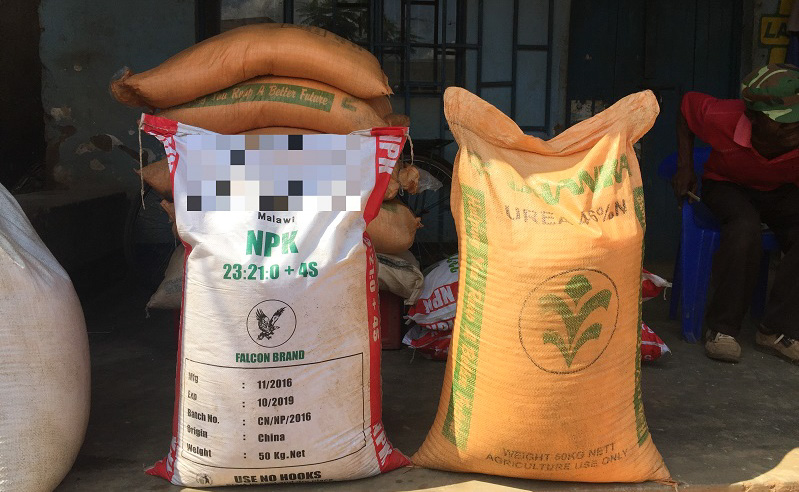Trouble continues to emerge in the rolling out of the Affordable Inputs Program (AIP) as new reports show that half of the suppliers are failing to meet contractual agreement.
This has been revealed in Lilongwe following a visit by the Parliamentary Committee on Agriculture to Smallholder Farmers Fertilizer Revolving Fund of Malawi (SFFRFM) at Kanengo.
The Committee’s Chairperson Sameer Suleiman has told us that it is unfortunate that the incompetent suppliers are pulling out at a time most farmers are stranded in accessing the farm inputs.
“As you know we are expecting rains anytime now, but fertilizer is not yet in the field, there are issues to do with network and suppliers who are failing to supply, over half of the suppliers that were awarded the contracts are not in a position to supply.
“We want to know who is playing games with the government because this is a national things, you know AIP for the first time has been launched with huge numbers of beneficiaries and it’s not right that someone should take advantage of that,” cautioned Suleiman.
And on her part, Principal Secretary in the Ministry of Agriculture Erica Maganga has assured the Committee that government will engage the suppliers on the way forward.
“We are still monitoring as a Ministry to make sure that all those that were engaged are on the ground assisting our smallholder farmers,” said Maganga.
Meanwhile, SFFRFM Chief Executive Officer Dr Andy Kalinde has attributed transportation constraints as some of the challenges affecting delivering of fertilizer to the selling points.
“True, there are certain challenges we are experiencing, one, once everything is loaded it means the trucks have to come back for the next loading, the other bit it is again to do with our retail outlets where in the few past weeks we have had hitches in terms of the network,” said Dr Kalinde.
The enrollment of the AIP requires that each smallhoder farmer is entitled to access a 50 Kgs bag of NPK; a 50 Kgs bag of Urea; either 5kgs of maize seed or 7 Kgs of sorghum or 7kg of rice seed, depending on the farmer’s preference.





